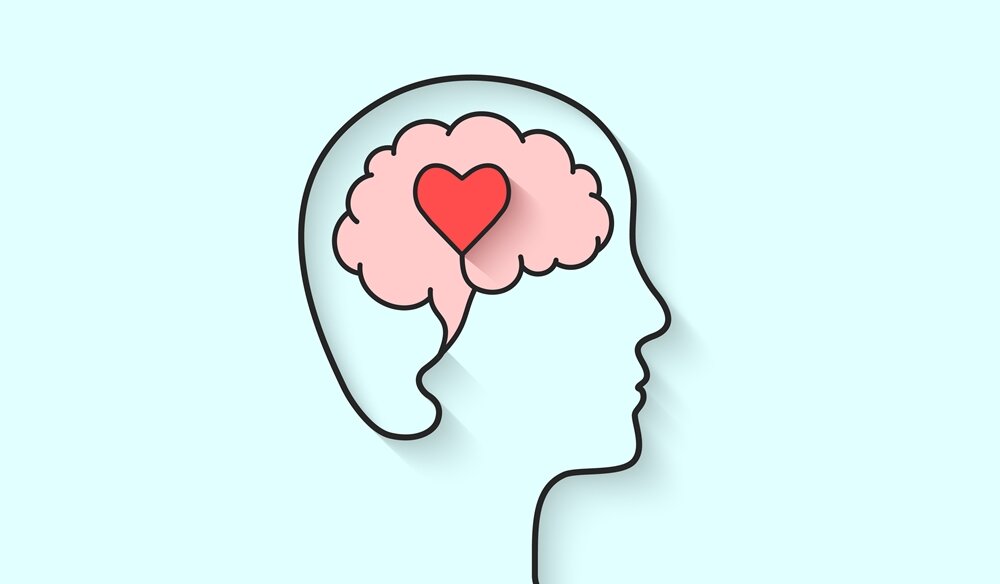
AYURVEDA AND MENTAL HEALTH
Share
Ayurveda's Holistic Approach to Mental Health: Exploring its Profound Benefits
In today's fast-paced world, mental health issues like stress, anxiety, and depression have become increasingly prevalent, necessitating a comprehensive approach to treatment. While modern medicine offers valuable interventions, Ayurveda, the ancient Indian system of medicine, presents a holistic and time-tested alternative for addressing mental health concerns. With its emphasis on balance and harmony between mind, body, and spirit, Ayurveda offers a wealth of benefits in promoting mental well-being. This article explores the profound advantages of integrating Ayurvedic principles and practices into mental health care.
Understanding Ayurvedic Principles:
At the heart of Ayurveda lies the concept of doshas—Vata, Pitta, and Kapha—which govern an individual's physiological and psychological functioning. According to Ayurveda, imbalances in these doshas can lead to mental health disorders. By identifying and addressing these imbalances, Ayurvedic practitioners aim to restore equilibrium and alleviate symptoms. Ayurveda views mental health as a dynamic interplay of various factors, including lifestyle, diet, emotions, and environmental influences, emphasizing the importance of holistic interventions for optimal well-being.
Personalized Treatment Approaches:
One of Ayurveda's greatest strengths in mental health care lies in its personalized approach. Ayurvedic practitioners assess an individual's unique constitution, or prakriti, along with current imbalances to tailor treatment plans accordingly. This personalized approach enables targeted interventions that address the root causes of mental distress, rather than merely managing symptoms. By integrating dietary recommendations, herbal formulations, lifestyle modifications, and therapeutic practices, Ayurveda offers a comprehensive and individualized approach to mental wellness.
Herbal Remedies and Dietary Support:
Ayurveda harnesses the healing power of nature through a vast array of herbs and botanicals known for their therapeutic properties. Herbs such as ashwagandha, brahmi, and tulsi are prized for their adaptogenic and calming effects, helping to alleviate stress, anxiety, and mood disturbances. Additionally, dietary adjustments play a pivotal role in Ayurvedic mental health care, with an emphasis on nourishing foods that support digestive health and balance the doshas. Nutrient-rich ingredients like whole grains, fresh fruits and vegetables, and herbal teas are incorporated into dietary regimens to promote overall well-being.
Mind-Body Practices for Emotional Balance:
Ayurveda recognizes the profound connection between the mind and body, advocating mind-body practices to foster emotional balance and well-being. Yoga, with its emphasis on breath awareness and gentle movement, serves as a potent tool for reducing stress, improving mood, and enhancing overall resilience. Meditation, mindfulness, and pranayama (breathwork) are integral components of Ayurvedic mental health care, promoting self-awareness, relaxation, and emotional regulation. Ayurvedic massage therapies, such as abhyanga, further facilitate the release of emotional tension and promote a sense of groundedness and tranquility.
Complementary to Conventional Treatment:
Ayurveda complements rather than replaces conventional mental health treatments, offering a synergistic approach to holistic healing. Collaborative efforts between Ayurvedic practitioners and mental health professionals can enhance treatment outcomes by addressing underlying imbalances and promoting overall well-being. By integrating Ayurvedic principles alongside mainstream psychiatric care, individuals can benefit from a comprehensive and integrative approach to mental health management, empowering them to reclaim control over their well-being.
In conclusion, Ayurveda offers a holistic and time-honored approach to mental health care, addressing the root causes of imbalance and promoting overall well-being. Through personalized treatment approaches, herbal remedies, dietary support, and mind-body practices, Ayurveda empowers individuals to cultivate resilience, emotional balance, and inner harmony. As the world grapples with the growing burden of mental health disorders, Ayurveda stands as a beacon of ancient wisdom, offering profound insights and practical solutions for promoting mental wellness in the modern age. By embracing Ayurvedic principles and practices, individuals can embark on a transformative journey towards holistic healing and lasting mental health.
